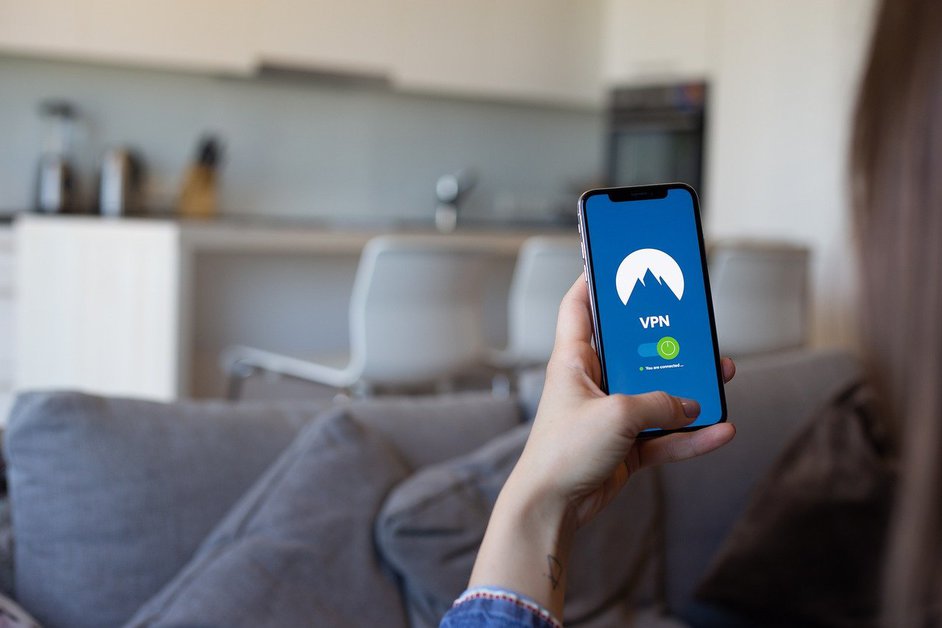Difference Between VPN and GPS: Can VPN Change GPS Location?
A VPN is an excellent method for protecting online privacy. It changes your IP address as well as the place from which you browse. This prevents websites from spying on you or monitoring your movements. It’s important to know the difference between a VPN and a GPS position, though. While each of these systems can change your visible position, their capabilities are somewhat different.
A VPN will not be able to alter your GPS position. Different applications on a computer often use GPS services, which are unrelated to the IP address. When you use a VPN, websites can’t monitor your location based on your IP address, but your GPS location may reveal the device’s location.
We spend a significant amount of our time online. In today’s environment, privacy and protection are critical. If your true aim is to alter or mask your online location, you’ll need more knowledge about VPN and GPS capabilities. Continue reading to learn the differences between VPN and GPS.
The Difference Between VPN and GPS
There are some main distinctions between VPN and GPS that you should be aware of. Both VPN and GPS affect how others perceive your position. However, whether you use a fake GPS or a VPN with specific GPS spoofing capabilities, your GPS location will not be altered.
Features of VPN
- Keeps your browsing activities private
- Bypasses your internet service provider
- Hides your IP address and changes your virtual location
- Encrypts data
- Available as hardware or software
IP addresses are assigned to devices that link to the internet. These IP addresses can be traced and are associated with a particular site. VPNs redirect your internet traffic to a VPN server, masking your true IP address. Your virtual position is also modified while your IP is hidden.
VPNs also encrypt your data, making it inaccessible to anyone attempting to spy on it. This protects your personal details and browsing history on the internet.
Features of GPS (Global Positioning System)
- Bounces radio waves off satellites
- Operates via hardware in your device
- Allows software and apps to access your location data
A GPS receiver, unlike a VPN, is a piece of hardware in your computer. Since GPS information has nothing to do with your IP address, a VPN cannot spoof your GPS location. Your GPS location data can, in reality, be transmitted via a VPN tunnel.
Most of our apps, particularly those on our phones, ask for permission to use our location services. This information is derived directly from our GPS data. It enables these apps to adapt their functionality to our location on the globe. This, on the other hand, does little to improve our privacy or help us hide our online identities.
Features of Fake GPS and GPS Spoofing Software
- Overrides GPS receiver data
- Fakes your device’s GPS location
GPS spoofing, also known as GPS faking, is a relatively recent but easy method of fooling your devices’ location services into thinking you and your devices are in a different location. This protects your real-world location as well as the location from which you browse the internet.
Several applications that claim to fake your GPS location are available for download. It’s even possible to make a personal GPS spoofing device.
Potential Uses for VPNs and Fake GPS Locations
VPNs and GPS location spoofers are commonly used for privacy and protection. When both tools are used together, you can reduce the risk of being monitored and conceal your true location from websites you visit.
- Added Safety
When conducting business, handling private financial details, or simply browsing the web, VPNs and GPS spoofers provide additional protection. Both of these advantages contribute to online security and privacy. - Accessing Media That Is Geographically Limited
VPNs are also useful if you want to connect websites and streaming services that are only accessible in specific regions. You can select a country or area where your preferred media is available because you can choose your network server position by using a VPN. - Throttling Internet Speeds Isn’t Enough
You would not be subject to bandwidth throttling if you use a VPN to circumvent your ISP’s restrictions. Your ISP will not be able to track how much bandwidth you use when using a VPN, so your speeds will not be restricted. - Public WiFi that is more secure
Connecting to public WiFi is still risky, but thanks to data encryption, VPNs make it much safer. Owing to the prevalence of hacking and data theft, using public WiFi at an airport or a cafe can be risky. You won’t have to be concerned about this threat if you use a VPN. You will enjoy the benefits of free WiFi without worrying about the drawbacks. - Hide your current location
GPS spoofing helps you to hide your true location from applications and websites. A VPN usually suffices to conceal it, but some websites explicitly request access to your GPS location. Faking your location will fully shield you from websites and trackers in this situation.
Conclusion
The use of a VPN alone is sufficient to conceal your location. However, several websites and applications have built-in GPS location services that can be transmitted over a VPN link. GPS spoofing apps are needed to mask your location. Surfshark is currently the only VPN for Android users that supports GPS spoofing.










Leave a Reply